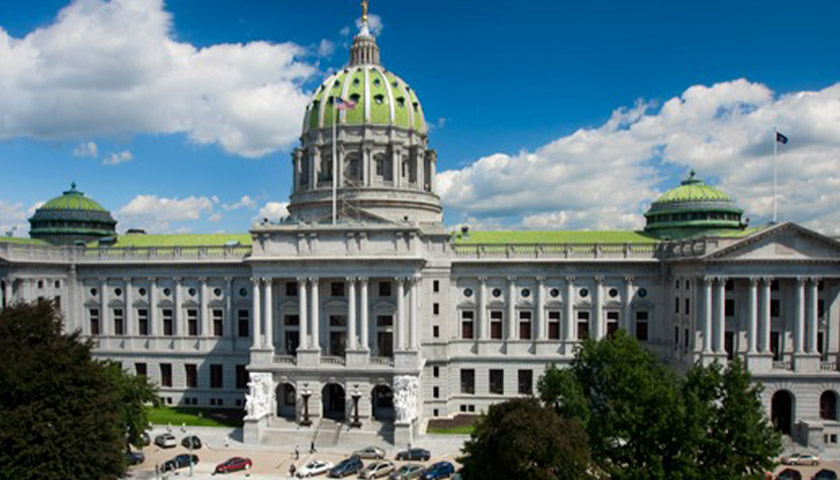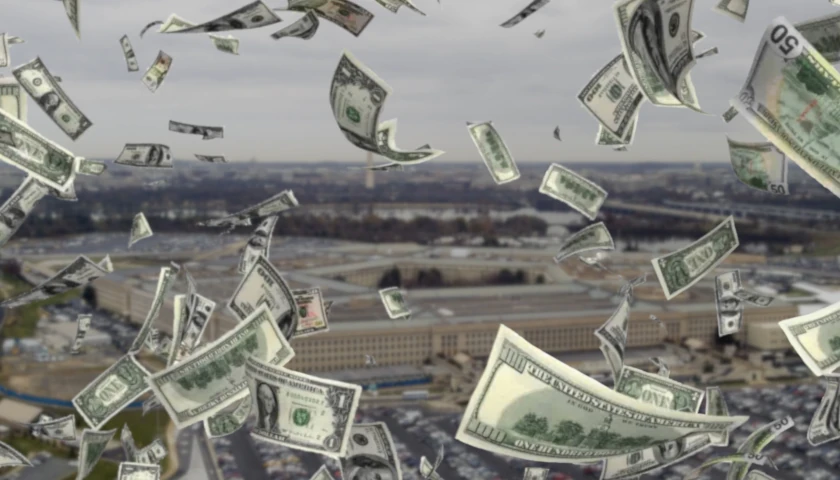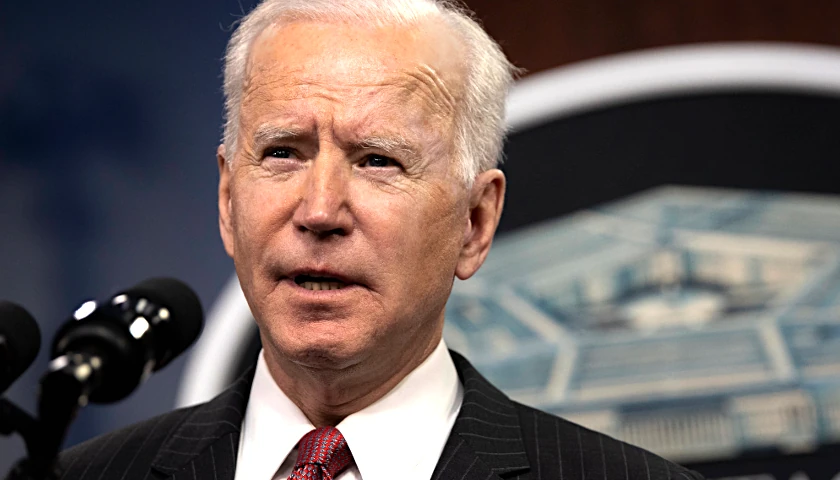by Anthony Hennen
After missing the June 30 deadline for a budget deal, an agreement has been made.
The $45.2 billion budget was approved by the Senate on Friday after the House approved it Thursday. It awaits the signature of Democratic Gov. Tom Wolf to become official.
The agreement includes:
-
$1.5 billion increase in state support for public schools.
-
Nearly $3 billion for the Public School Employees’ Retirement System.
-
$120 million increase for the Pennsylvania State System of Higher Education and Higher Education Assistance Agency.
-
$597 million for Penn State University, the University of Pittsburgh, Temple University, and Lincoln University.
-
$555 million increase in intellectual disability support services.
-
$125 million increase in the Educational Improvement Tax Credit.
It also includes a reduction in the corporate net income tax from 9.99% to 4.99% over 10 years.
“The budget agreement does not include any broad-based tax increases and is structured in a way to minimize the risk of tax increases in the years ahead,” a press release from the Senate Republican Communications Office said.
The budget is a 2.9% increase in spending from last fiscal year, but $500 million less than Wolf’s original budget request, Republicans noted.
However, critics have noted that, due to classifying some spending as occurring in the last fiscal year, the spending increase looks smaller.
“Really, we’re looking at more like an 11% increase in spending, and that kind of spending is not sustainable in the long run,” said Nathan Benefield, president of the Commonwealth Foundation. The foundation noted that the state budget plan “exceeds Gov. Tom Wolf’s budget proposal by $300 million, with ongoing spending that exceeds projected revenue by $3 billion.”
“The negative side is how much spending this is, increases in spending. Really, spending significantly more than revenues,” Benefield said, cautioning that the approach would burn through the state’s budget surplus and set up the need for a tax hike in a few years if spending doesn’t come back in line with revenues.
Despite the increased spending, Republicans emphasized that the commonwealth has a balance of almost $5 billion, including a $2.1 billion transfer to the Rainy Day Fund.
“These fiscally responsible steps are critical because many economic indicators are showing a risk of a recession on the horizon,” the press release noted. As The Center Square previously reported, the Independent Fiscal Office has predicted a 60% chance of economic stagnation and a 30% chance of a recession.
“Taking this extra time proved especially helpful,” said Rep. Craig Williams, R-Delaware/Chester. “This is a budget that everybody should be proud of.” He highlighted spending increases on education and public safety as crucial.
“We held the line on the governor’s prior budget proposals that would have inflated the budget and hiked taxes,” said Sen. Doug Mastriano, R-Chambersburg, and the Republican gubernatorial nominee. “That’s why we’re in position today to put forward a budget that improves education, cuts taxes, fully funds our law enforcement, and takes care of our veterans and our elderly.”
The agreement represents “long-term fiscal stewardship,” Sen. Pat Browne, R-Allentown, said, who serves as chair of the Senate Appropriations Committee. The budget “will allow Pennsylvania to promote the longest sustained period of fiscal balance in more than a generation.”
Democrats also supported the agreement.
“This is not a perfect plan…but on balance…this is an investment worthy of a vote,” said Sen. Vincent Hughes, D-Montgomery/Philadelphia. “This document deserves our support.”
– – –
Anthony Hennen is a reporter for The Center Square. Previously, he worked for Philadelphia Weekly and the James G. Martin Center for Academic Renewal. He is managing editor of Expatalachians, a journalism project focused on the Appalachian region.
Photo “Pennsylvania State Capitol building” by PA Senate GOP.








